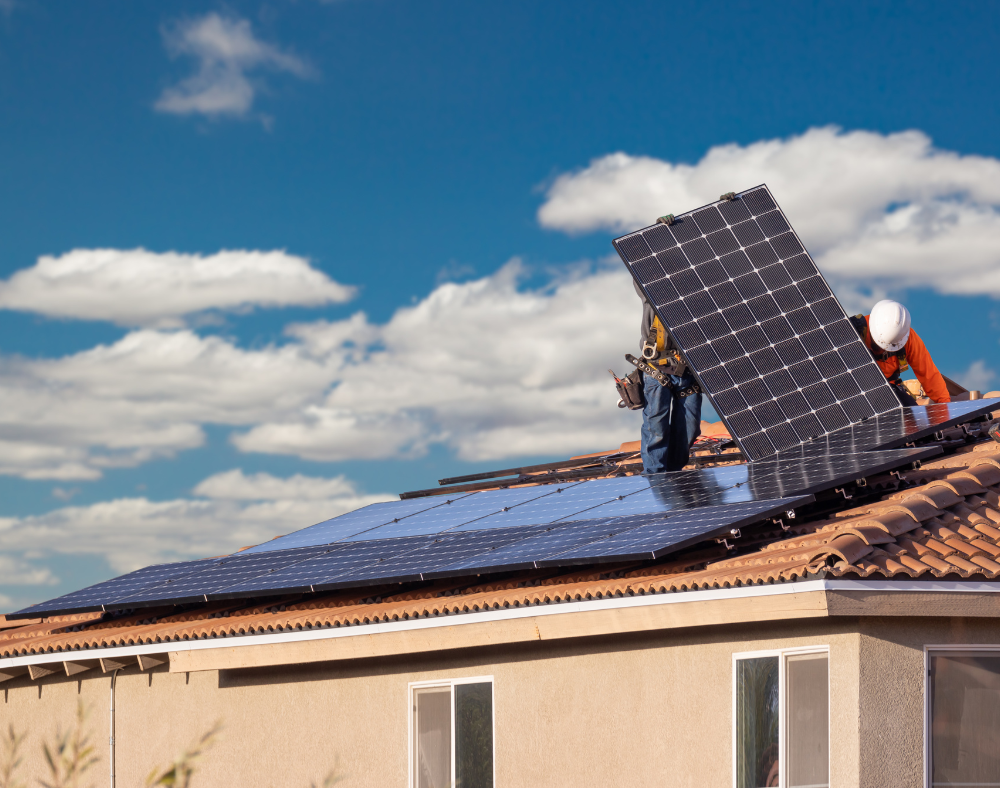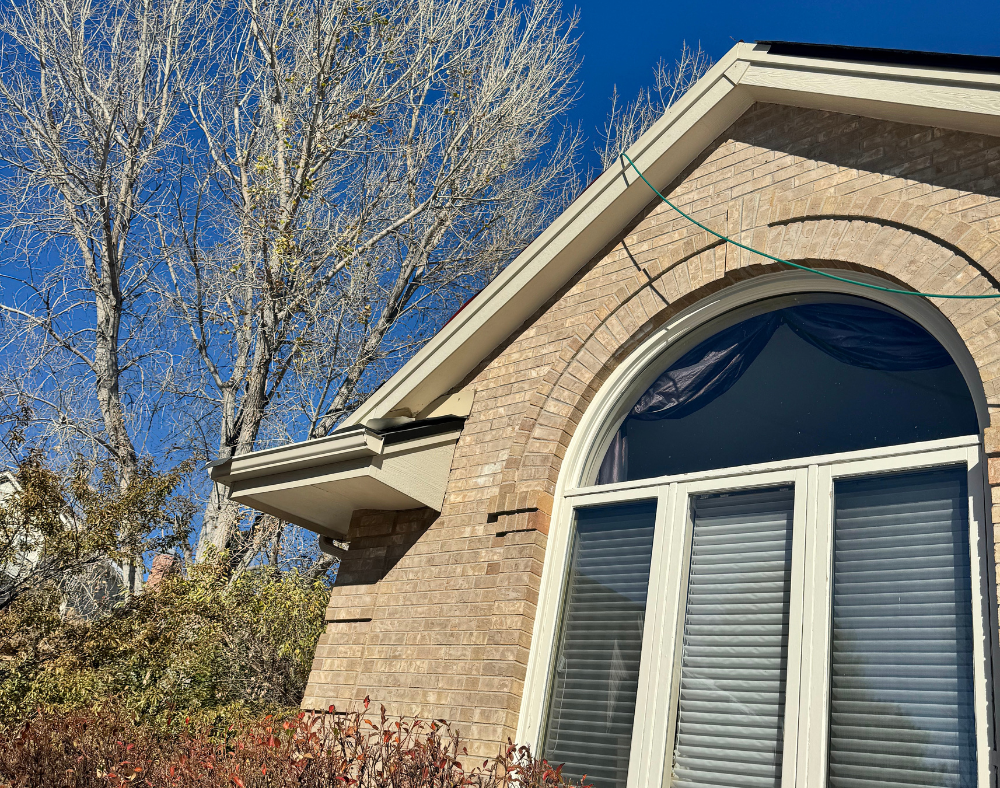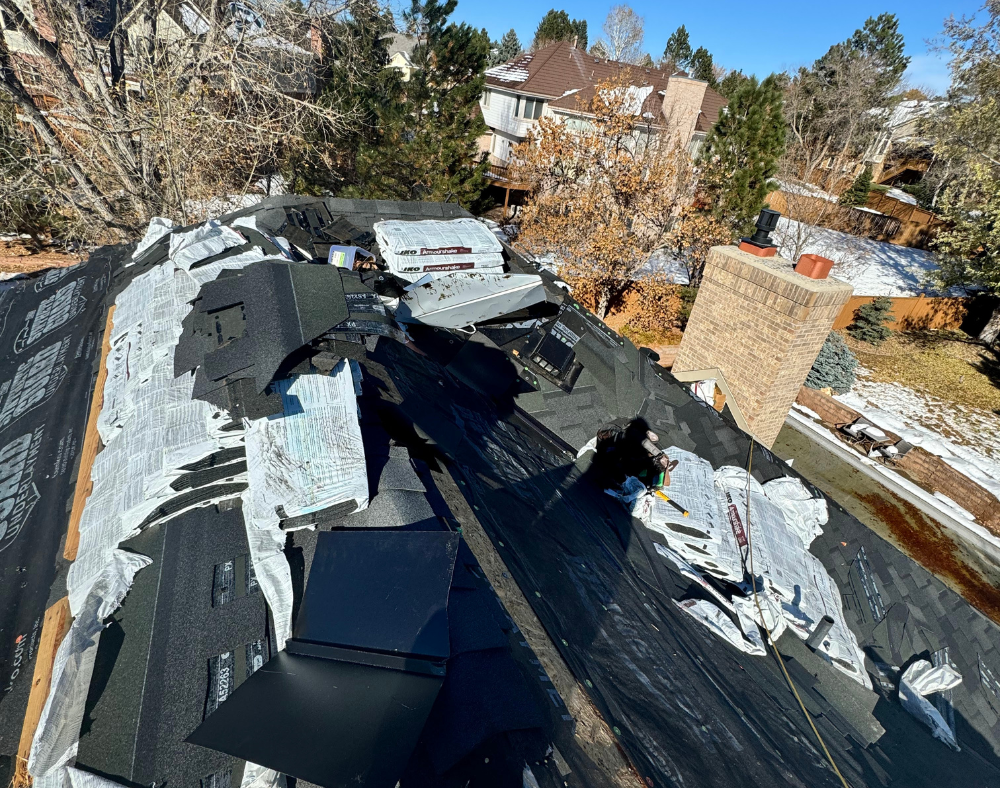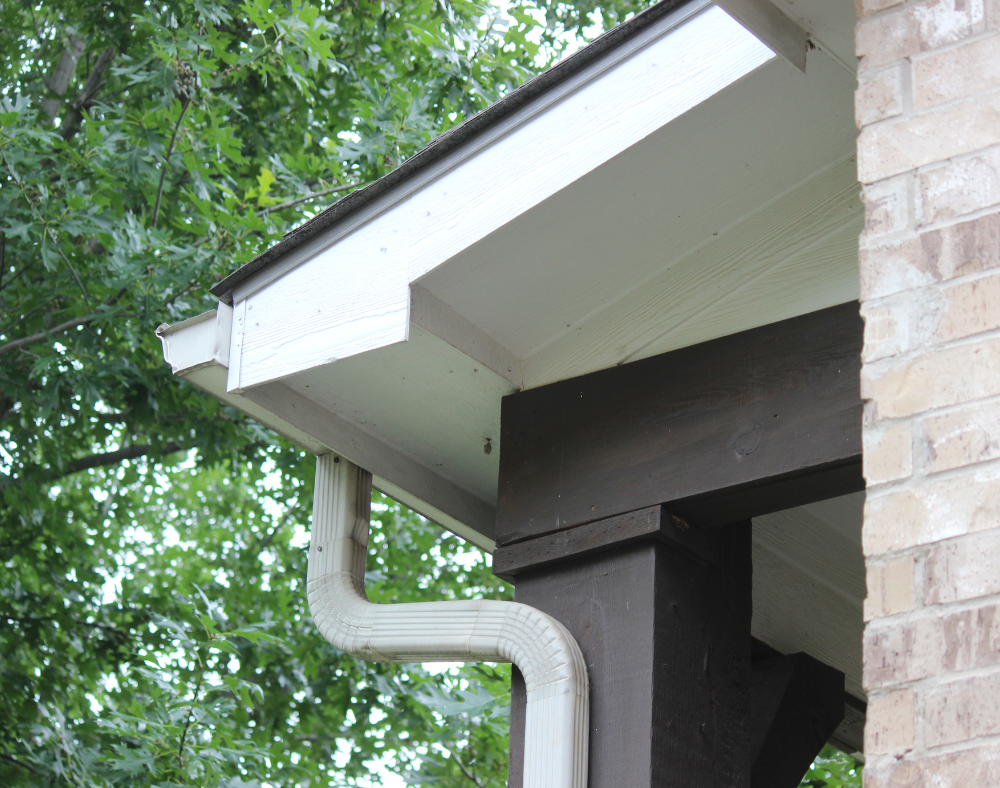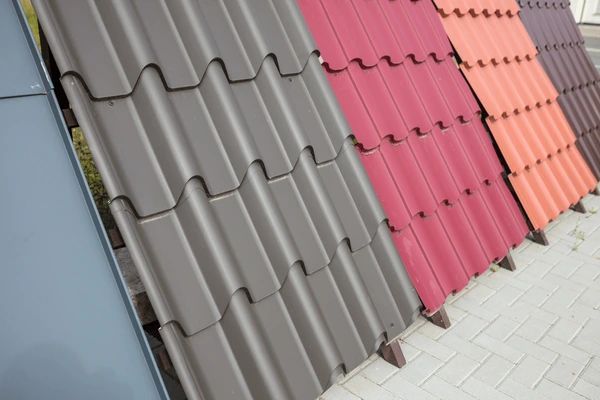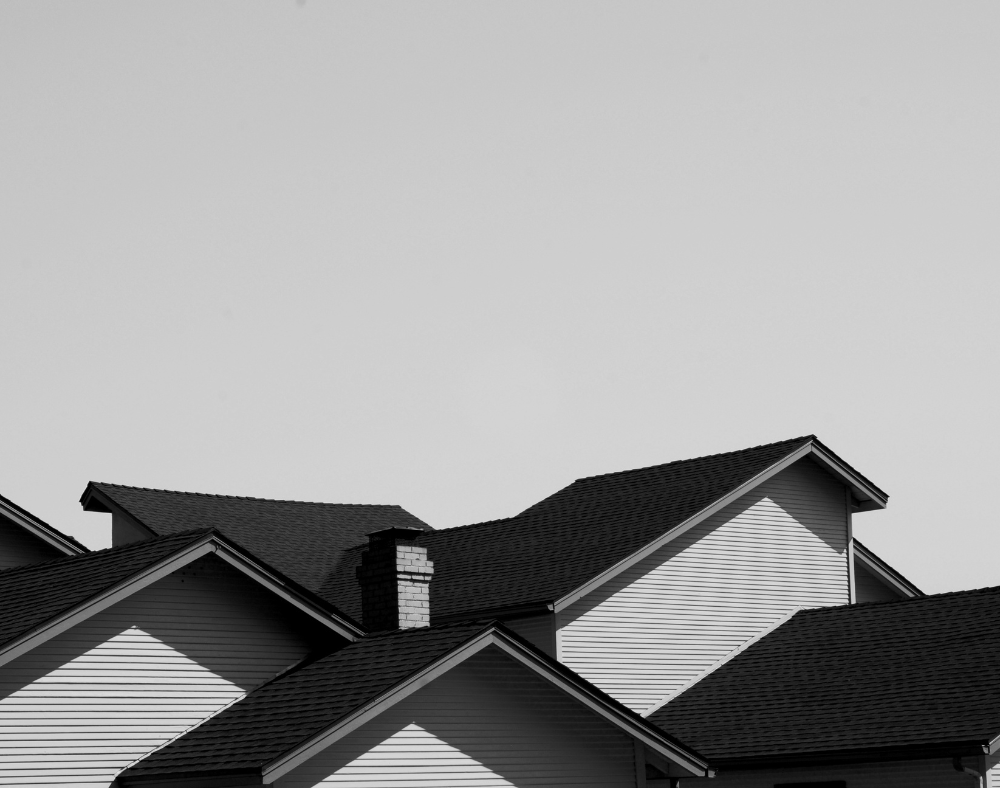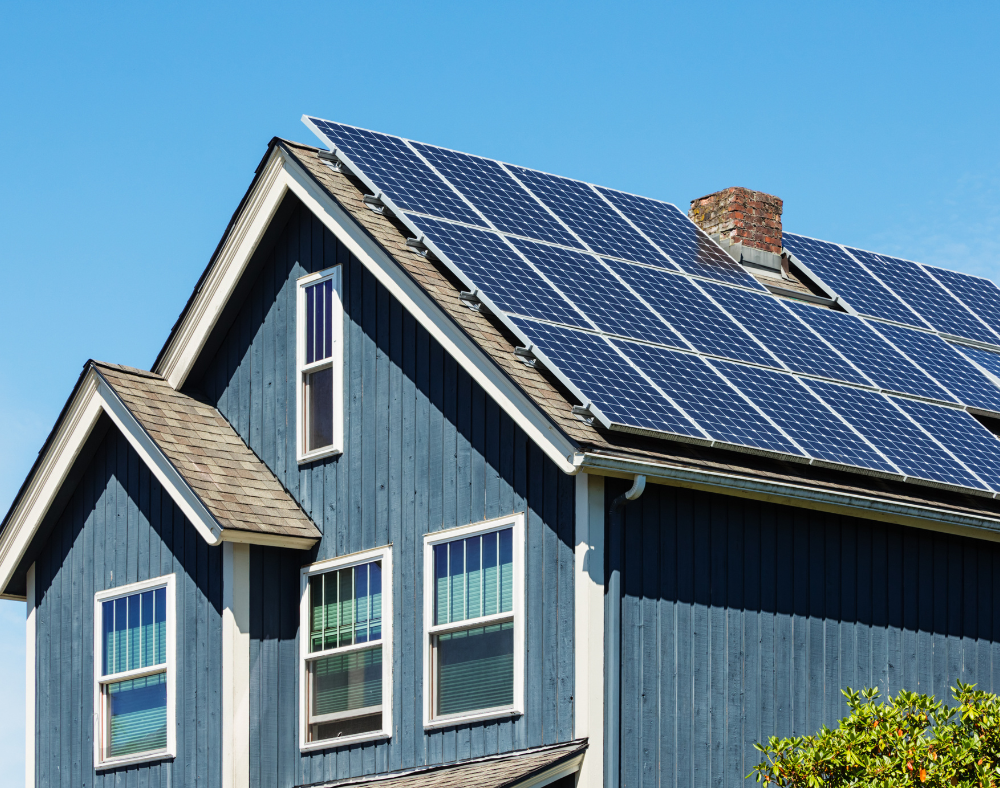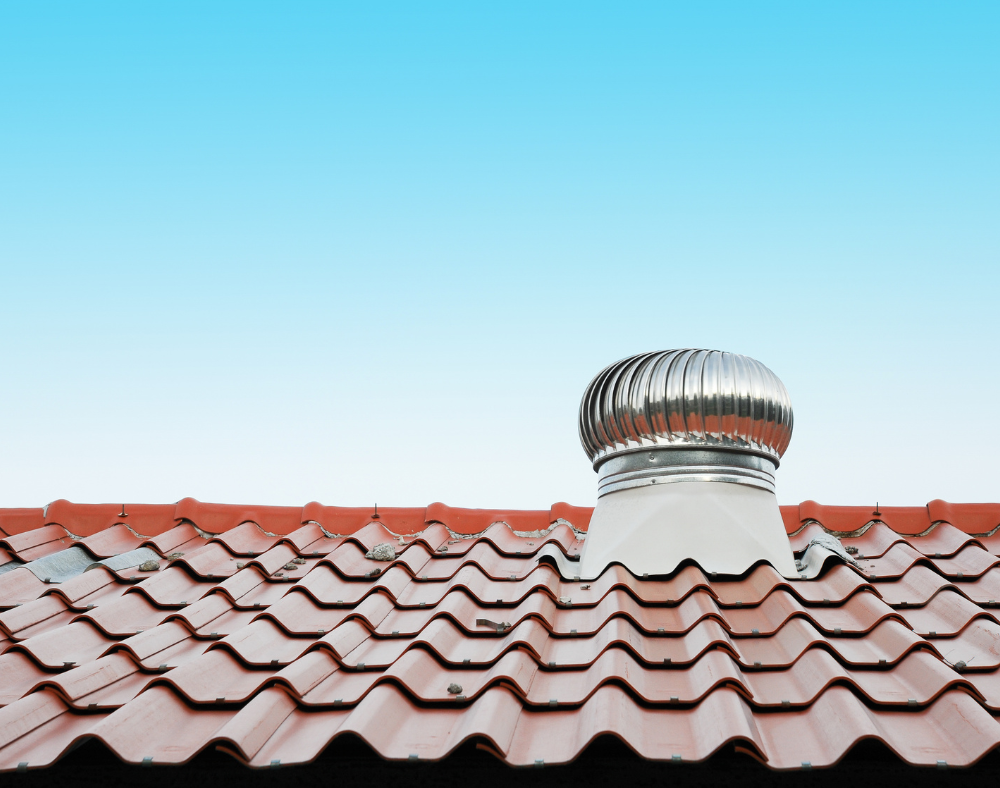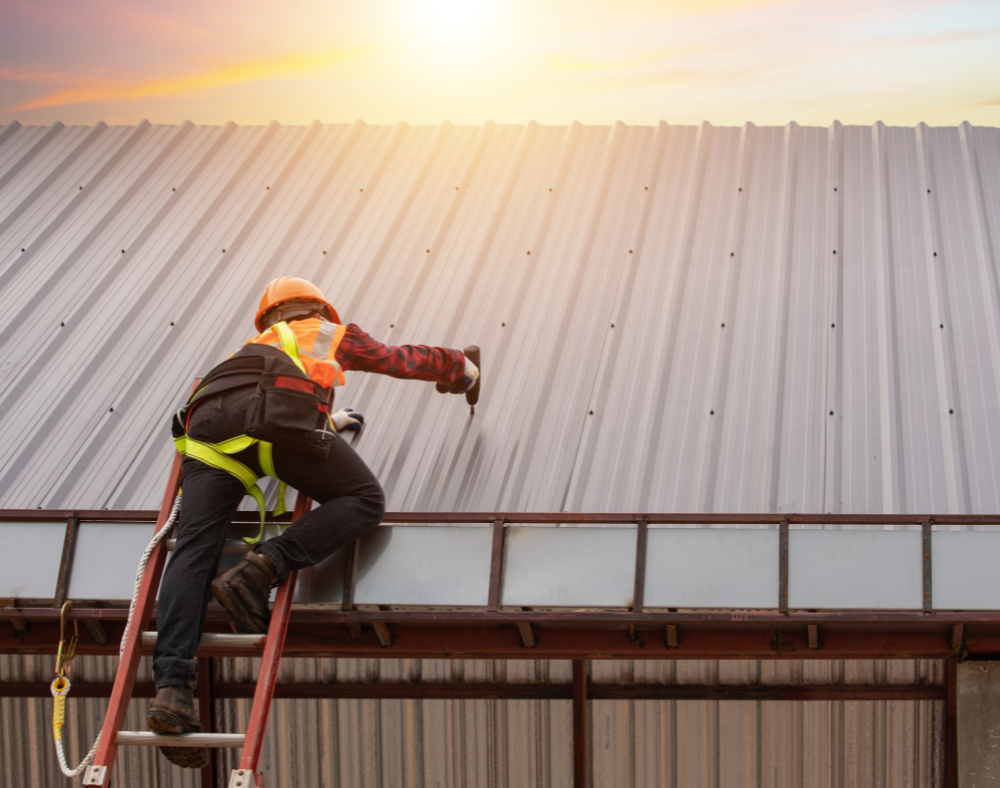How to Winter-Proof Your Roof for a Worry-Free Season
Essential Steps to Protect Your Roof from Harsh Winter
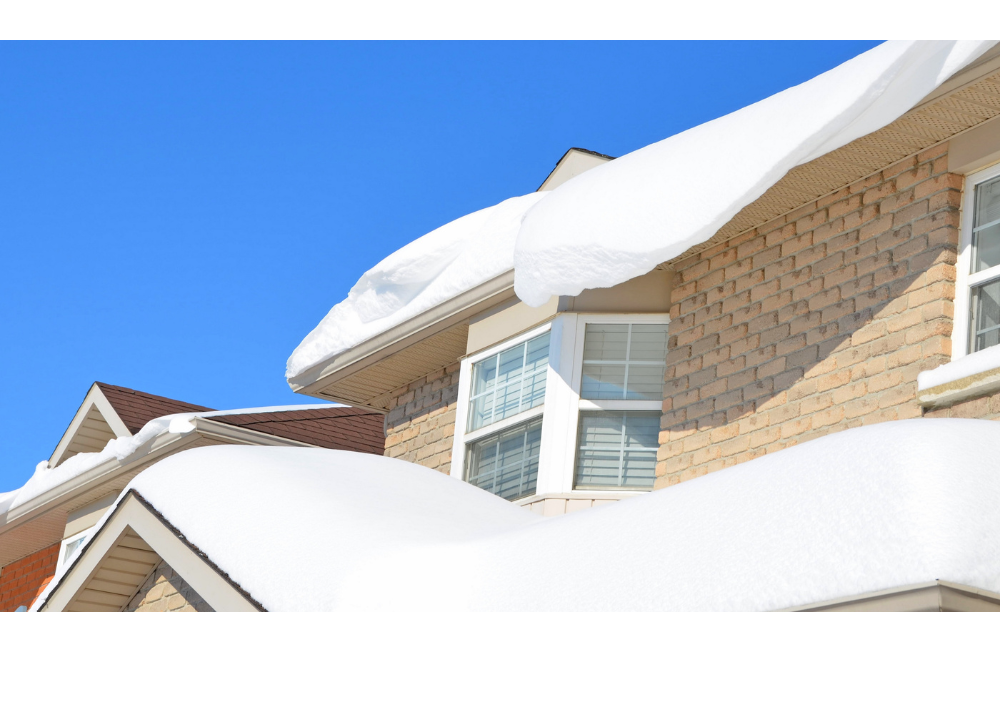
1. Clean Your Gutters and Downspouts
One of the simplest ways to winter-proof your roof is to ensure your gutters and downspouts are clear of debris. Blocked gutters can cause water to back up and freeze, which can damage your roof and lead to leaks.
Benefits of Clean Gutters:
- Prevents ice dams by allowing water to flow away from your roof.
- Reduces weight from debris, which can cause gutters to detach.
- Helps prevent water buildup that leads to leaks.
Prevention Tip: Clean your gutters at least twice a year, ideally in the fall before winter sets in. If you need guidance, check out
This Old House’s Guide to Gutter Cleaning.
2. Check for Roof Leaks and Seal Vulnerable Areas
A minor roof leak can turn into a major issue when temperatures drop. Water that seeps into small cracks can freeze, expand, and worsen the damage.
Where to Look for Leaks:
- Around chimneys and skylights.
- Near roof vents and flashing areas.
- Along valleys where roof sections meet.
Prevention Tip: Examine your roof for potential leaks before the first snowfall and seal any cracks with weatherproof caulk. For a more detailed guide on spotting leaks, visit Bob Vila's Leak Detection Tips.
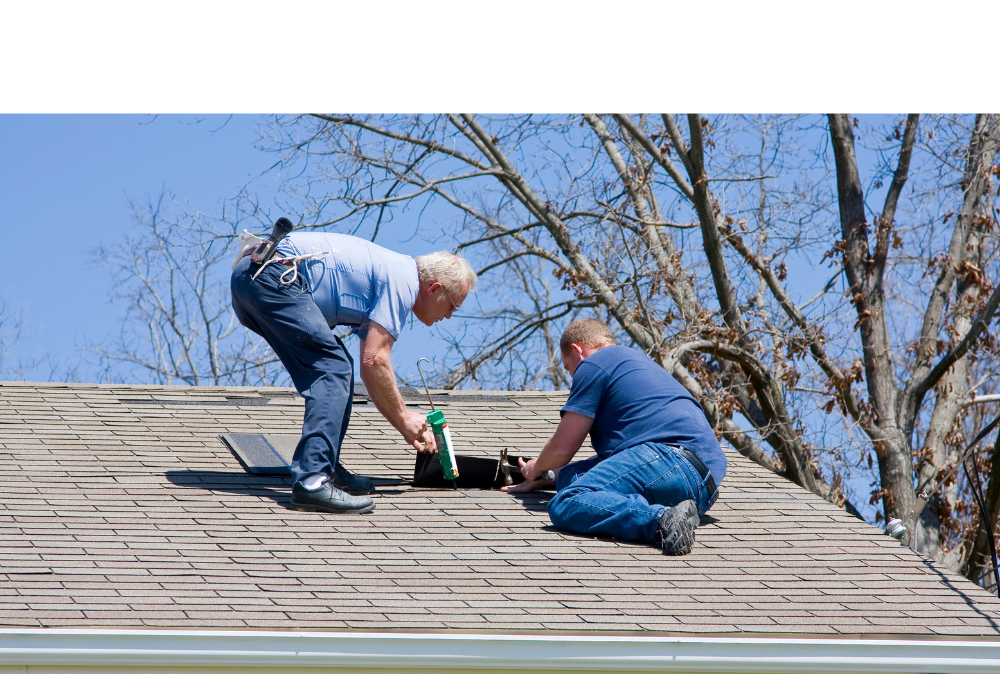
3. Trim Overhanging Tree Branches
Trees provide essential shade during the summer, but in winter, overhanging branches can pose a threat to your roof. Heavy snow on branches can cause them to break, and falling branches can puncture shingles or roofing materials.
Benefits of Trimming Trees:
- Reduces risk of roof damage from falling branches.
- Minimizes debris that can clog gutters.
- Keeps snow and ice from accumulating on branches above the roof.
Prevention Tip: Trim back any branches that hang over your roof before winter. For tree care advice, check out the
Arbor Day Foundation’s Tree Maintenance Tips.
4. Install or Repair Attic Insulation
Proper attic insulation helps regulate your home’s temperature, reduces energy costs, and prevents roof damage by limiting heat from escaping your home and melting snow on your roof. Without sufficient insulation, you might experience ice dams, which can lead to leaks.
Benefits of Proper Attic Insulation:
- Reduces the risk of ice dams forming.
- Improves home energy efficiency.
- Keeps your home warmer without extra heating costs.
Prevention Tip: Consider adding insulation to your attic, especially if your home is older. For insulation guidance, check out Energy.gov's Attic Insulation Guide.
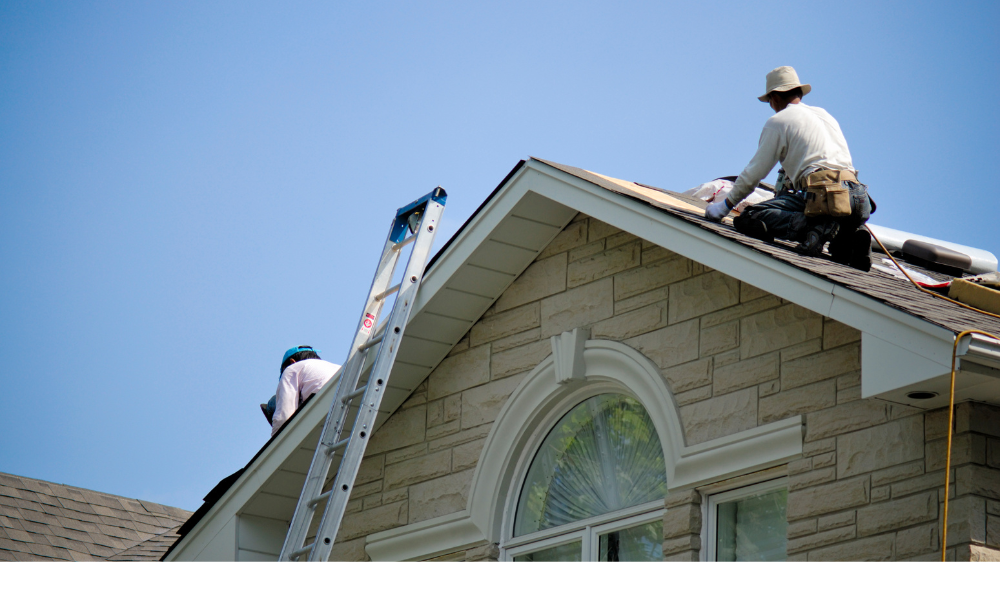
5. Consider Installing a Solar Roof or Solar Panels
Winter can increase energy demands, and a solar roof can help offset those costs while winter-proofing your home. Solar roofing solutions generate energy even in cloudy weather and can melt snow, reducing roof load.
Benefits of Solar Roofing in Winter:
- Generates clean energy and reduces electricity bills.
- Melts snow faster, lowering the risk of heavy snow accumulation.
- Durable against winter weather, providing an extra layer of protection.
Prevention Tip: If you’re considering a solar roof, talk to a solar roofing specialist at Go In Pro Construction. For more details on solar roofs, read
Solar United Neighbors' Guide.
6. Inspect Roof Shingles for Damage
Roof shingles are your roof's first line of defense against winter weather, so it's essential to inspect them before temperatures drop. Look for signs of wear, missing shingles, and any areas that may need repair.
Signs to Watch For:
- Curling or cracked shingles.
- Missing shingles or exposed underlayment.
- Discoloration, which can indicate moisture damage.
Prevention Tip: Schedule a professional inspection before winter arrives. Visit Angi's Guide to Roof Inspections for further details on what to look for during a roof inspection.
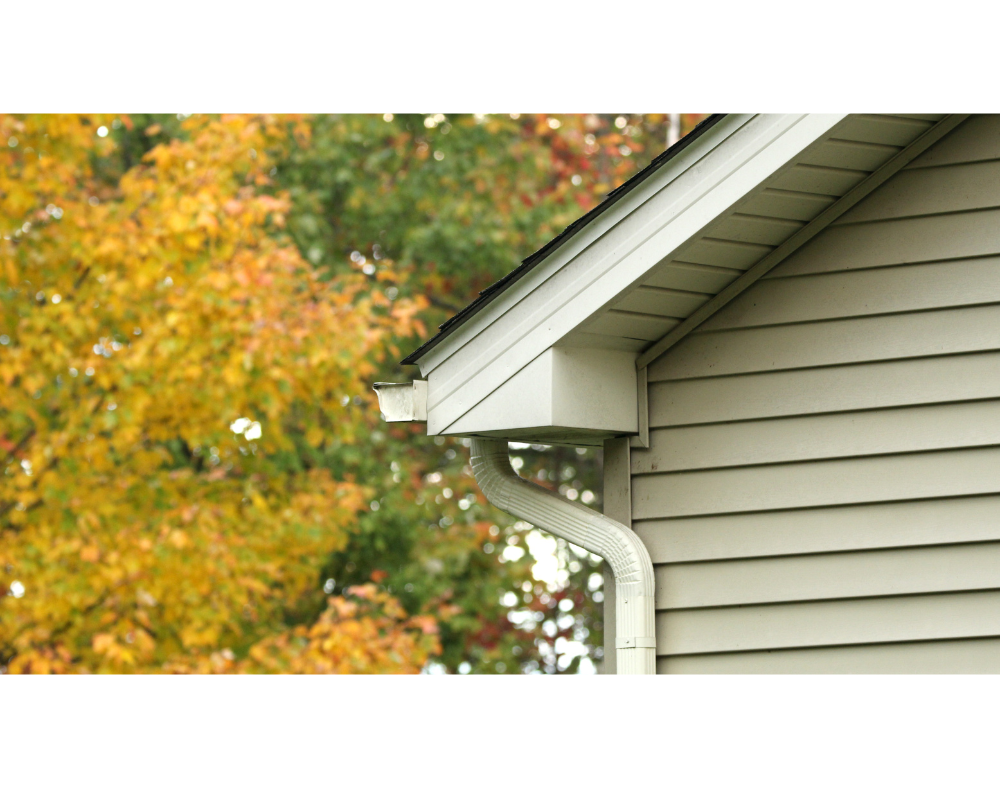
7. Add a Roof Heating Cable System
Roof heating cables can prevent ice dam buildup by keeping your roof warm, which allows snow and ice to melt safely. They’re especially useful for homes with complex roof designs or properties that experience frequent snow accumulation.
Benefits of Roof Heating Cables:
- Reduces risk of ice dams forming along eaves.
- Prevents damage to gutters and downspouts.
- Ideal for areas with heavy snowfall.
Prevention Tip: Consider installing heating cables on vulnerable areas of your roof to keep it ice-free throughout winter. For more information, check out Family Handyman's Roof Heating Cable Tips.
Winter is around the corner, and for homeowners in Denver, CO, preparing your roof for cold weather is essential to prevent costly repairs and maintain your home’s energy efficiency. Go In Pro Construction, your local roofing and solar roofing experts, are here to help you with practical tips on how to winter-proof your roof, ensuring it stands up to snow, ice, and cold temperatures.
Additional Resources for Winter-Proofing Your Roof
For more information on preparing your roof for winter, check out these helpful resources:
- This Old House’s Gutter Cleaning Guide
- Bob Vila’s Leak Detection Tips
- Arbor Day Foundation’s Tree Maintenance
- Energy.gov's Attic Insulation Guide
- Solar United Neighbors’ Guide to Solar Roofing
- Angi’s Guide to Roof Inspections
By following these essential winter-proofing steps, you can keep your roof in peak condition through the colder months, minimizing damage risks and maintaining your home’s comfort. At Go In Pro Construction, we’re dedicated to helping residents in Denver, CO, prepare their roofs for winter with expert advice and professional roofing services. Stay proactive this season and enjoy peace of mind knowing your roof is ready for whatever winter has in store!
BUSINESS HOURS
- Monday
- -
- Tuesday
- -
- Wednesday
- -
- Thursday
- -
- Friday
- -
- Saturday
- Closed
- Sunday
- Closed
We will get back to you as soon as possible.
Please try again later.
All Rights Reserved | Go In Pro Construction
